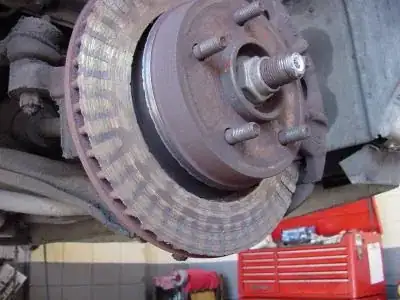I need to replace my rear brake pads. A mechanic suggested I also replace my rotors because they are rusted around the edges. The rotors are in fact quite rusted, however, there is no rust on the actual surface that touches the pads. Running my fingers over the surface of the rotors, there does not appear to be any buildup of brake pad deposits and the surface is relatively smooth. There is however one small circular scratch around one of the rotors. While the pads are ready to be replaced, they are still within standard tolerances, so it's not like there is metal-on-metal going on. The mechanic warned that replacing the pads without replacing the rotors at the same time would be a waste because the rusted rotors will just eat up the new pads. I find that hard to believe given that the rust is just on the extreme edges of the rotors, which are parts that do not appear to touch the pads. The brakes do not appear to make any abnormal noises at all. Therefore, according to this post, it doesn't seem like the rotors need to be replaced.
Is rust on the parts of the rotors that do not touch the pads enough to require replacement? Is there a way I can tell on my own if they need replacement?
